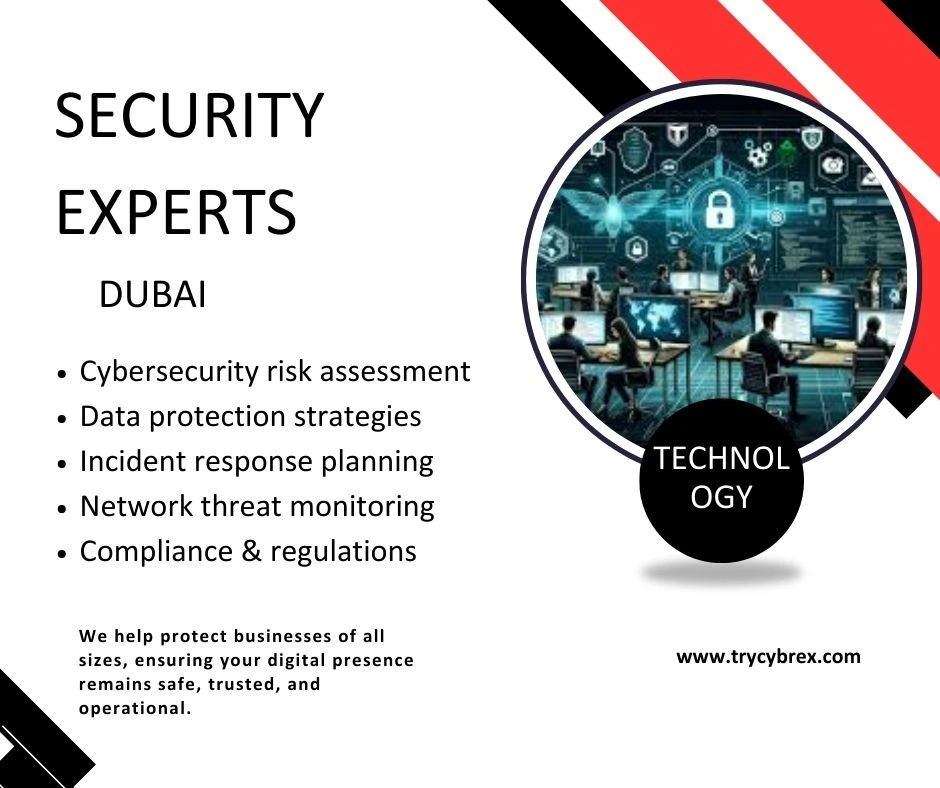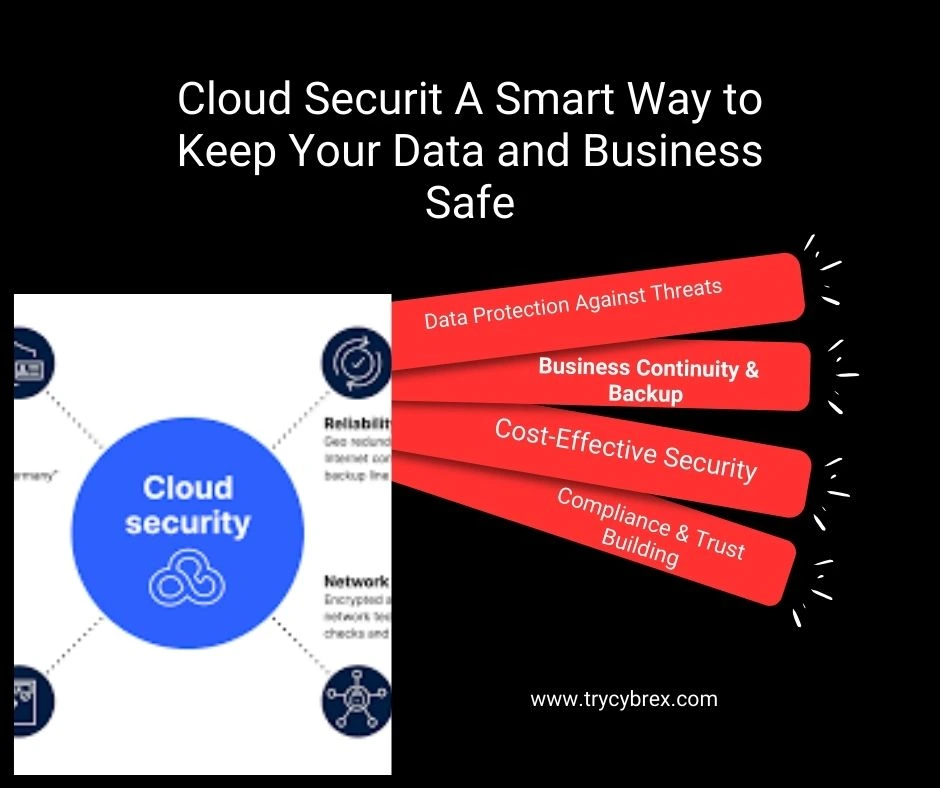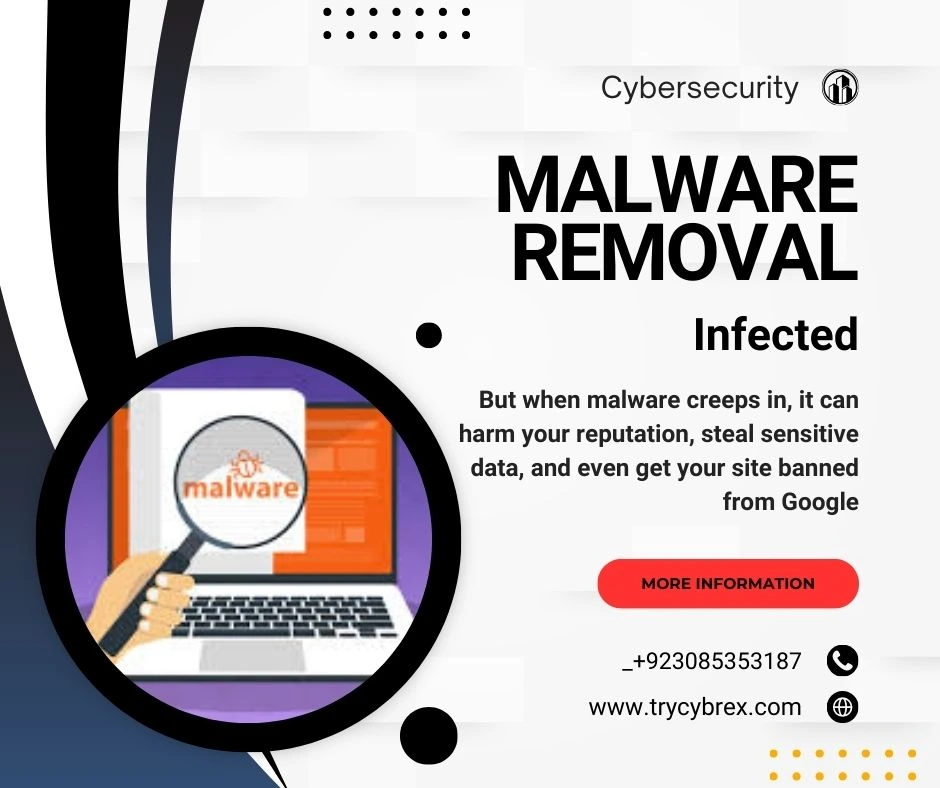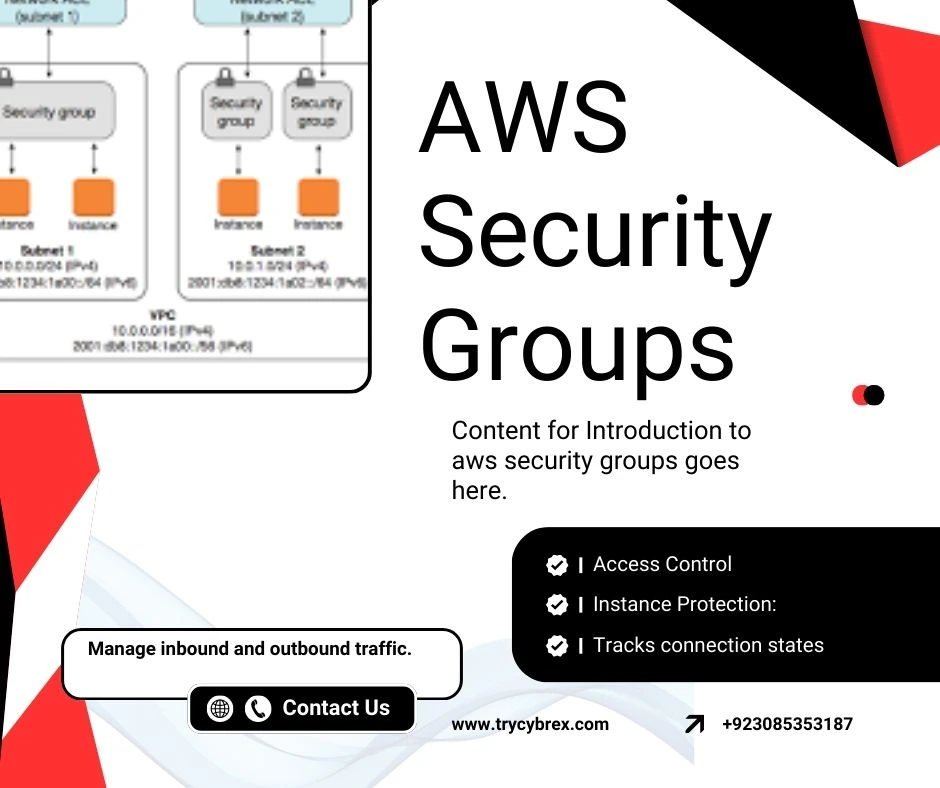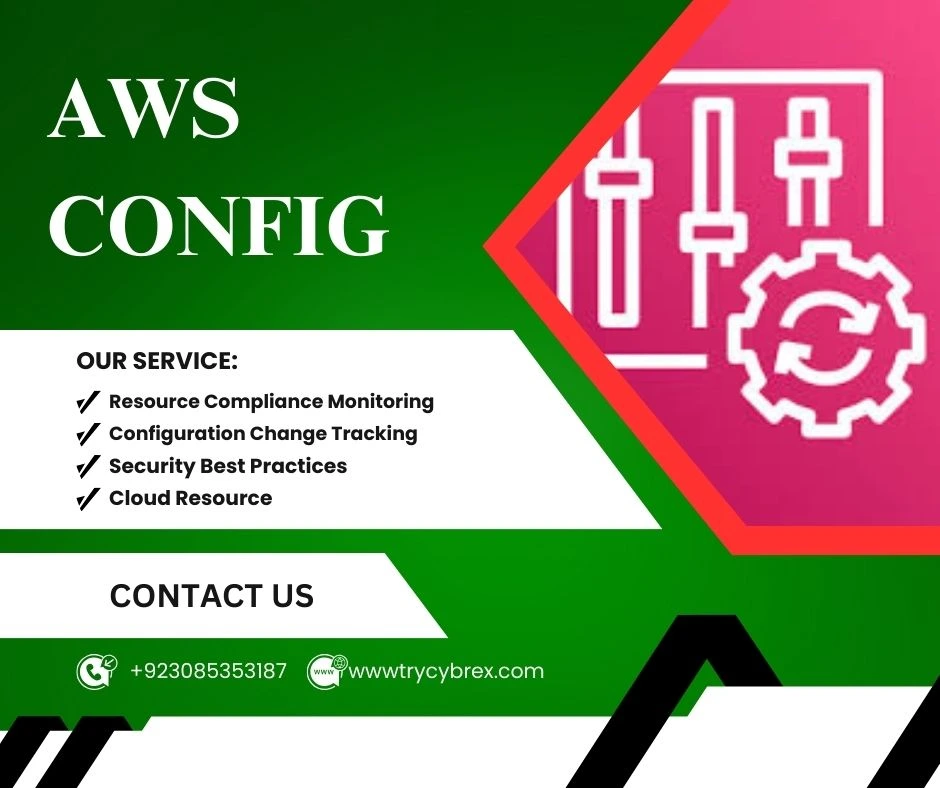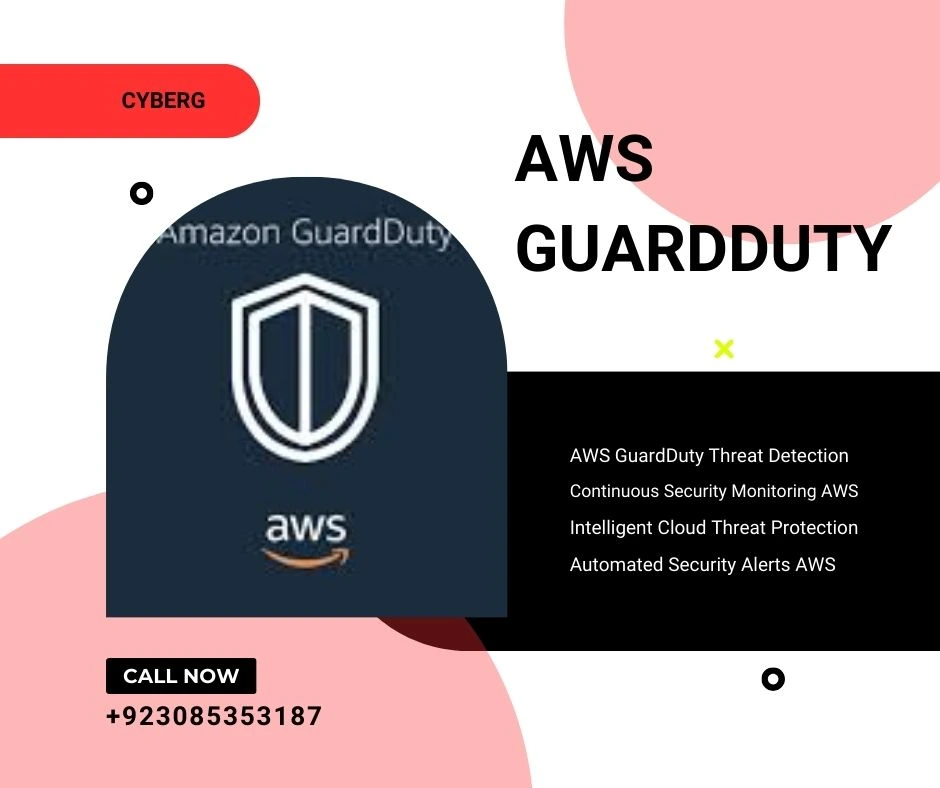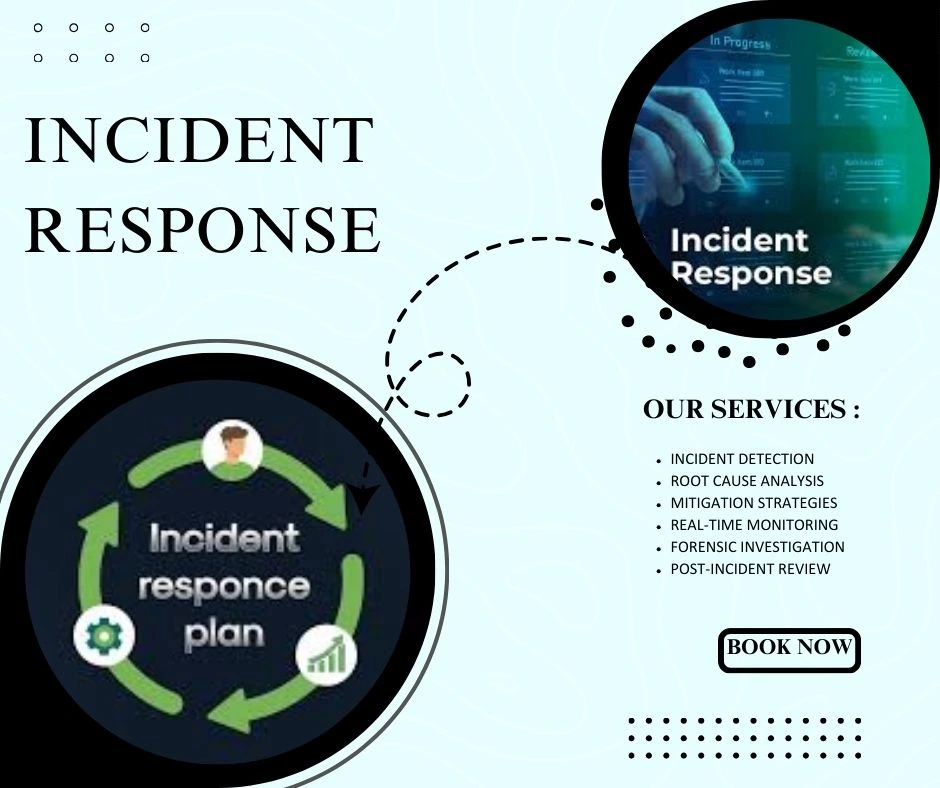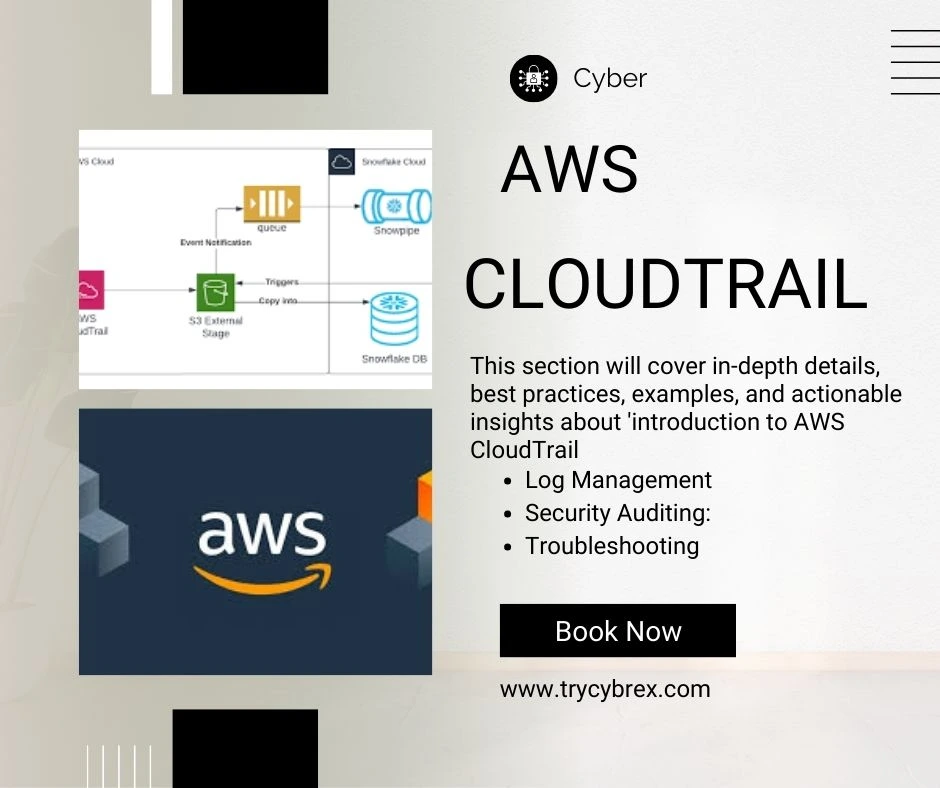WordPress is the leading content management system (CMS) used by millions of website owners worldwide, and New Jersey websites are no exception. Whether you’re running a small business, a personal blog, or an e-commerce store, securing your WordPress website with DevOps practices and cloud storage solutions should be a top priority. With cyberattacks on the rise, ensuring your site is protected from hackers, malware, and data breaches through automated processes and secure storage is crucial.
In this post, we’ll go over the best WordPress security tips specifically tailored for websites in New Jersey in 2025. By implementing these strategies, you can significantly reduce your site’s vulnerability to cyberattacks.
Why WordPress Security is Crucial for New Jersey Websites
New Jersey websites is home to a wide range of businesses and industries from retail and finance to technology and healthcare, making Jersey websites a prime target for online visibility and cybersecurity. With many of these businesses relying on modern solutions like cloud backup and robust cloud architecture, digital protection becomes even more critical. As the digital landscape grows, so does the threat of cyberattacks. According to the New Jersey Cybersecurity & Communications Integration Cell (NJCCIC), cybercrime has been on the rise, with an increasing number of targeted attacks on Jersey websites and online businesses.
WordPress websites are often targeted due to their widespread use, but with the right security measures, you can keep your site protected. Let’s dive into the best practices to safeguard your WordPress website from potential threats. if you more read this relvent post then click this link Ultimate Guide to WordPress Security: Safeguard Your Website Today
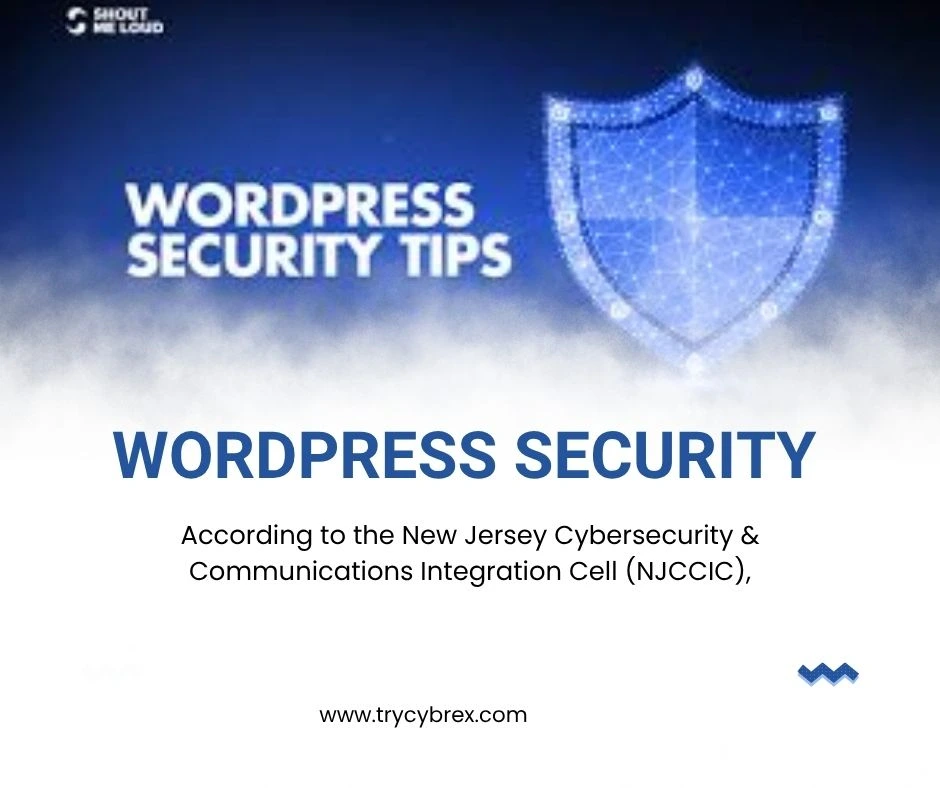
Top WordPress Security Tips for New Jersey Websites
1. Keep WordPress Core, Themes, and Plugins Updated
One of the most important steps you can take to secure your WordPress site is keeping everything up to date. WordPress regularly releases updates to fix vulnerabilities and bugs, and many themes and plugins also issue updates for the same reason. For websites built on modern cloud infrastructure or designed with cloud native principles, staying updated is even more critical. Failing to update these components can leave your site open to exploitation.
- Tip: Enable automatic updates for the WordPress core, plugins, and themes. This ensures that your jersey websites always runs the latest, most secure versions.
- Learn more: How to Update WordPress.
2. Use a Reputable WordPress Security Plugin
A WordPress security plugin can act as your first line of defense, providing real-time monitoring and protection against potential threats. Trusted by many cloud computing companies for enhanced security, some top plugins to consider include:
- Wordfence Security: A popular plugin that offers a firewall, malware scanning, and login protection.
- Sucuri Security: An all-in-one security suite that includes malware detection, security audits, and DDoS protection.
Both offer free and premium versions to suit your needs.
- Learn more about Wordfence: Wordfence Plugin.
- Learn more about Sucuri: Sucuri Security Plugin.
3. Use Strong Passwords and Two-Factor Authentication
Weak passwords are one of the easiest ways for hackers to gain access to your website. To strengthen your Jersey websites security, especially for businesses offering digital services like custom jersey design, ensure you and your team members use strong, unique passwords. Additionally, implementing two-factor authentication (2FA) adds an extra layer of protection to your login process.
- Tip: Use a password manager to generate and store complex passwords and enable 2FA for all users with access to your WordPress dashboard.
- Learn more about 2FA: Google 2-Step Verification.
4. Backup Your Website Regularly
Backups are essential in case of a cyberattack or data breach. If your Jersey websites is hacked, you can restore it from a recent backup and minimize downtime. For eCommerce sites whether selling digital products or merchandise like an nba jersey several plugins, such as UpdraftPlus, make it easy to schedule regular backups of your WordPress site.
- Tip: Set up automatic backups and store them offsite, such as on cloud storage services like Google Drive or Dropbox.
- Learn more about UpdraftPlus: UpdraftPlus Plugin.
5. Implement a Web Application Firewall (WAF)
A Web Application Firewall (WAF) is another essential tool that helps filter out malicious traffic before it reaches your website. WAFs can block threats such as SQL injection attacks, cross-site scripting (XSS), and brute force login attempts.
- Tip: Use a cloud-based WAF service like Cloudflare to protect your WordPress site.
- Learn more about Cloudflare WAF: Cloudflare Website Security.
6. Limit Login Attempts
One of the most common attack methods is brute force login attempts, where attackers try multiple username and password combinations until they succeed. Limiting login attempts can help thwart this type of attack.
- Tip: Use a plugin like Limit Login Attempts Reloaded to limit the number of login attempts allowed.
- Learn more about Limit Login Attempts: Limit Login Attempts Reloaded Plugin.
7. Secure Your Hosting Environment
Your hosting provider plays a critical role in your website’s security. Make sure you choose a hosting company that offers strong security features such as SSL certificates, DDoS protection, and malware scanning. Many New Jersey-based hosting providers offer specialized WordPress hosting with enhanced security features.
- Tip: Look for hosting providers that offer regular security patches, 24/7 support, and proactive monitoring.
- Learn more about hosting providers: Bluehost WordPress Hosting.
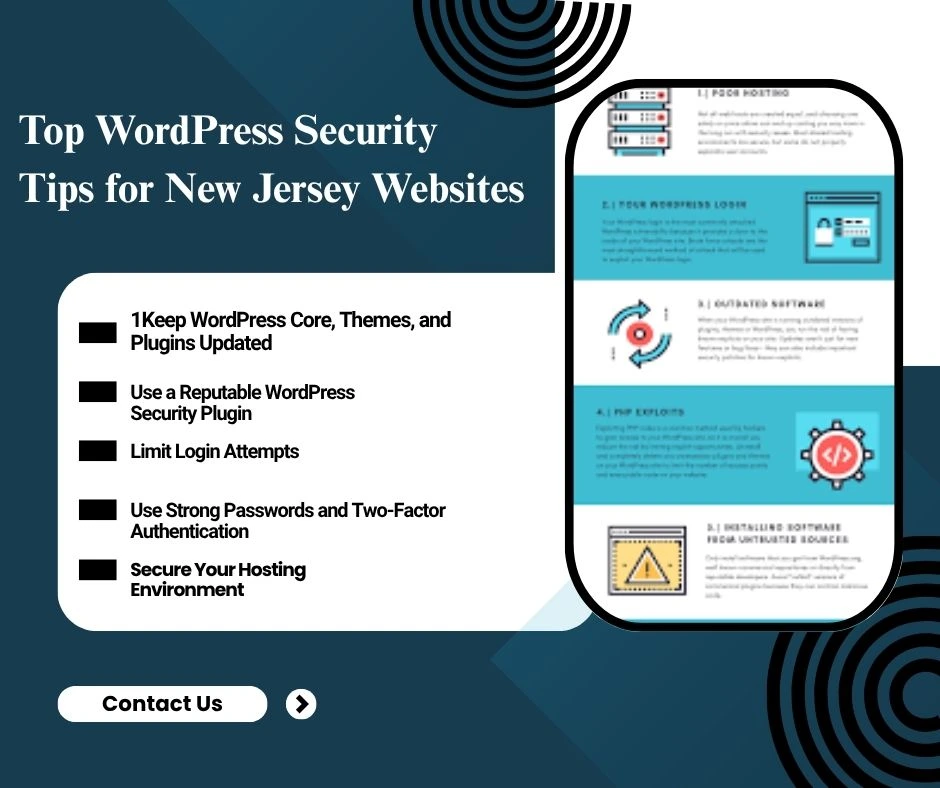
Proactive WordPress Security Measures
1. Conduct Regular Security Audits
Regular security audits help identify vulnerabilities in your Jersey websites and address them before they can be exploited. A comprehensive audit includes scanning for malware, checking for outdated plugins, and ensuring that all security settings are properly configured.
- Tip: Use services like SiteLock to scan your website for vulnerabilities and malware.
- Learn more about SiteLock: SiteLock Website Security.
2. Monitor User Activity on Your Website
If your website has multiple users or contributors, it’s essential to monitor their activity. This can help you detect any suspicious actions, such as unauthorized content changes or login attempts.
- Tip: Use the WP Activity Log plugin to keep track of changes made by users on your site.
- Learn more about WP Activity Log: WP Activity Log Plugin.
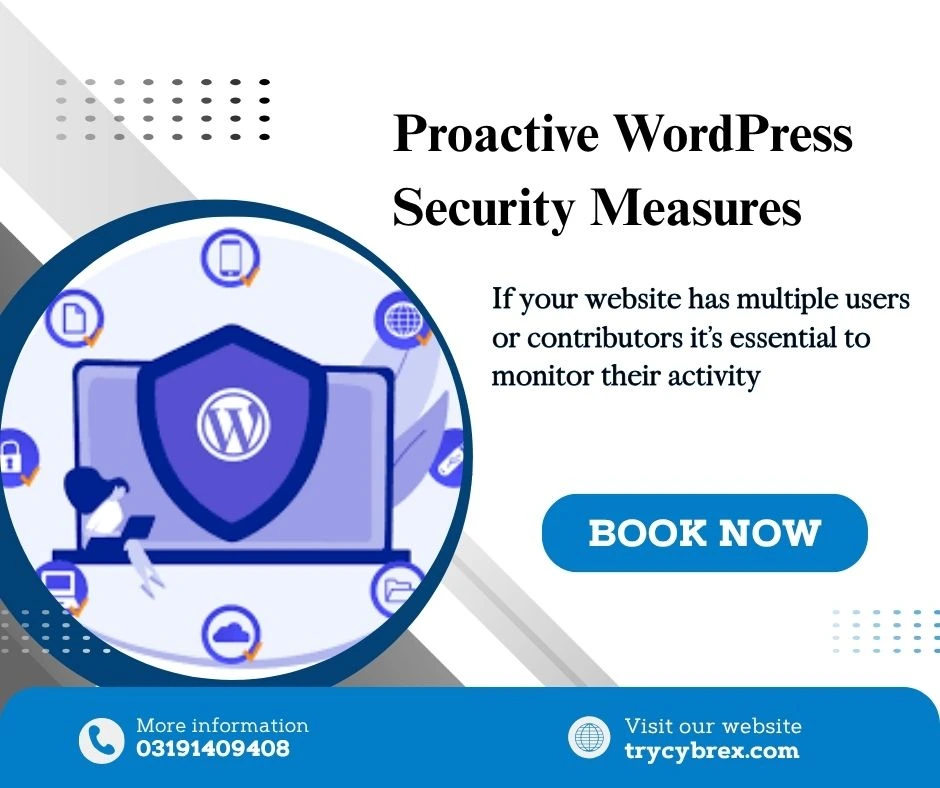
Conclusion
Protecting your WordPress website in New Jersey is crucial to maintaining the security and integrity of your online presence. By following the security tips outlined above, you can minimize the risk of cyberattacks, malware infections, and data breaches. Regular updates, strong passwords, and a comprehensive security strategy are key to safeguarding your website in 2025 and beyond.
For more WordPress security tips, be sure to stay updated with the latest resources from WordPress.org and New Jersey’s cybersecurity authorities.


